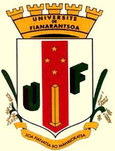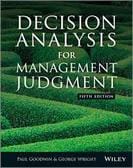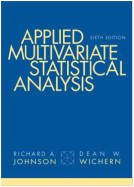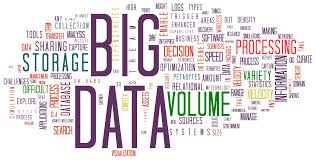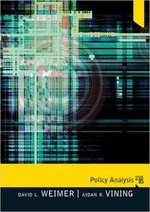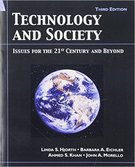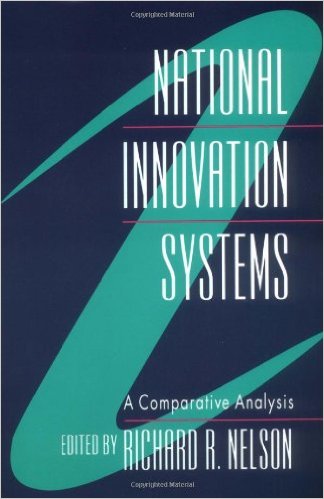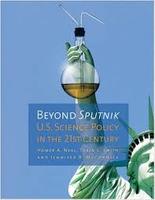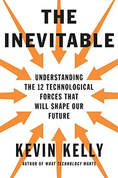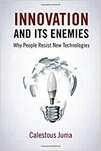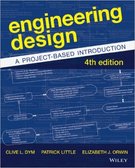Below is a list of courses that I've taught. Please contact me if you'd like to receive the syllabus for a particular course.
Data and Analysis
|
Short course| Formation R Pour la Data Science
Trois jours pour vous familiariser avec le langage R et toutes les subtilités de son utilisation pour la data science. Vous sortirez de cette formation avec une maitrise de l’utilisation et des principes de base du logiciel R. |
|
EST 581| Heuristic and Quantitative Decision Making|Stony Brook University
Complex problems (choices) need to be resolved in the course of socio-technical processes. Quantitative decision-making techniques have been evolved to address these situations. We will investigate a number of these techniques in detail, in order to understand the advantages that can be gained by using them. We will also discuss common criticisms and issues associated with these methods, and consider the heuristic methods that are often used instead to resolve complicated problems. |
|
EST 610 | Data Analysis | Stony Brook University
Data is all around us. How do you sort through the vast amount of information to make valid conclusions and inferences? This is an introductory data analysis course that will teach you things like how to describe your data, types of data, linear regression, and principal component analysis. You will get practical data analysis experience using a variety of data sets ranging from stock prices to health statistics. This course uses R, an open-source statistical software that is increasingly becoming the most used data analysis software. At the end of the course, you will be equipped fully equipped to analyze a variety of data using the most modern software tools. |
|
EMP 532 |Big Data Systems for Technology Management
The infrastructure requirements and challenges of big data systems to support large-scale technology management applications will be discussed. Advanced topics in big data infrastructure such as data center operations, network and system security, data management and integration will be covered. Cloud computing platforms such as Iaas, Saas, and Pass will also be included. Other topics including advanced data mining and visualization techniques as they relate to customer relationship management (CRM), supply chain management (SCM), and global operations management applications will also be discussed. |
Science, Technology, and Innovation Policy
|
EST 600 | Introduction to Technology and Policy: Theory and Practice | Stony Brook University
Science, technology and innovation (STI) are ubiquitous part of life and we must understand these concepts in order to develop effective policies. After completing this course students will have learned to examine fundamental issues, theories and history of STI policy and to make introductory level policy analyses examinations. The topics to be covered in the course are essential for Master’s and PhD students working on degrees in Technology, Policy, and Innovation. We will read classics texts on science policy models, discuss the history of science policy, and write policy memos. |
|
EST 201 | Technological Trends in Society | Stony Brook University
This course explores the impact of technology and engineering design on society past, present and future. The main themes as they relate to changing technology are: industry and the economy; the environment; social educational and psychological implications of computers; energy and society; warfare; and the 21st-century emerging technologies. |
|
EST 695 s-36 | Comparative Science, Technology and Innovation Policy | Stony Brook University
What is so special about Silicon Valley and is it possible to develop a “Silicon Valley” in Vietnam? How is Israel’s innovation system similar to South Africa’s system? This class looks at science, technology and innovation (STI) systems and policies around the world. We will study the STI systems in a variety of regions and in countries with different income levels. At the end of this course you will better understand global STI policy, innovation systems theory and the role of STI policies for poverty reduction. |
|
GRD 520 | Introduction to Science Policy | Stony Brook University
Science, technology and innovation (STI) are ubiquitous part of life and we must understand these concepts in order to develop effective policies. This 1 credit hour course is designed to teach engineering and science graduated students the main concepts in science, technology and innovation policy. |
|
EST 441 | Interdisciplinary Senior Project | Stony Brook University
In this this course students will select a technology-oriented topic, one that could be related to a selected class theme or be of their choosing. Students will work individually on the topic and present their research at the end of the semester. Students will also write research project associated with their work. Throughout the semester the class reads and discusses important books and articles about technology and society. |
|
EST 440 | Interdisciplinary Research Methods | Stony Brook University
This course uses scientific research and engineering technology problem-solving as a framework for the synthesis of diverse disciplines studied by students in the first three undergraduate years. Provides students with experience in team problem-solving. Students will work in teams to conduct a technology assessment. Examples of various types of technology assessments will be studied, and students will discuss analysis techniques and team structuring in order to plan and execute a successful project. |
Engineering Design
|
EST 205 | Introduction to Technological Design | Stony Brook University
This course is a broad introduction to technological design. Design is treated as a universal human activity comprised of learnable principles, processes and skills. Specific topic areas will include: creativity and innovation in design, human need - finding and problem identification, design specifications, using research on design processes, and design concept generation and development (using 2D/3D visualization and animation.) |
Other Courses:
Government of the US
Evaluating Public Policy
Introduction to Policy Analysis
Evaluating Public Policy
Introduction to Policy Analysis

